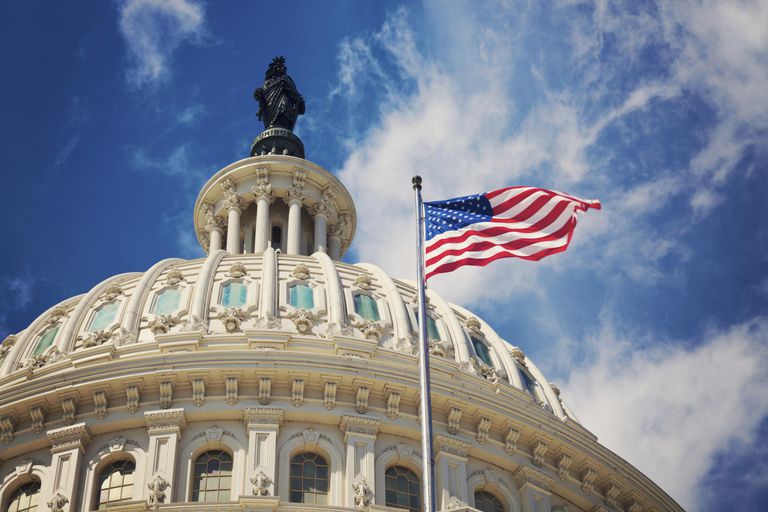Bill to usher in a new wave of American aquaculture
Bipartisan Bill to promote aquaculture in America has been Introduced in the U.S. House of Representatives
By SeaWestNews
A new bipartisan bill to promote aquaculture in the United States has been Introduced in the U.S. House of Representatives to make America more competitive in the seafood industry.
House Agriculture Committee Chairman Collin Peterson, a Democrat from Minnesota and Congressman Steven Palazzo, a Republican from Mississippi introduced the bipartisan Advancing the Quality and Understanding of American Aquaculture (AQUAA) Act this week.
A similar version of the bill was introduced in the Senate in 2018 by Republican Senator Roger Wicker.
The latest version of the Bill calls for the establishment of “aquaculture enterprise zones,” that could be identified for priority permitting and development and uses specific language to address sustainability of marine feed ingredients and other sustainability standards for the supply chain.
Advocacy group, Stronger America Through Seafood or SATS applauded Peterson and Palazzo for working across party lines to bring awareness and encourage debate in Congress on the topic of expanding American aquaculture.
“A predictable regulatory framework and National Standards for aquaculture production are critical to the competitiveness of the American seafood industry, which currently faces a seafood trade deficit of $14 billion, said Bill DiMento, president of SATS and vice president of Corporate Sustainability and Government Affairs at High Liner Foods.
“Aquaculture is the fastest-growing food sector in the world, but the U.S. ranks only 16th in the production of farm-raised seafood. Half of the fish eaten in the United States comes from farms – but not from American farms. We can do better.
With global demand for seafood projected to increase by 70% in the next 30 years – domestic aquaculture, combined with our wild fish harvesting – could one day meet the entire U.S. demand for seafood. Federal legislation is an important first step,” DiMento added.
The AQUAA Act would establish National Standards for sustainable offshore aquaculture and clarify a regulatory pathway for offshore aquaculture in the U.S. exclusive economic zone (EEZ) which will support growth of the domestic offshore aquaculture industry.
The regulated expansion of domestic aquaculture would stimulate economic growth in coastal and agricultural communities across the U.S., create thousands of jobs, and provide a steady supply of healthy and affordable seafood, while protecting our wild-capture fisheries and natural resources, SATS said.
“Aquaculture is a fast-growing agriculture industry that is creating jobs and improving our country’s food security,” said Chairman Peterson.
“It also creates a market for soybeans as they provide nutritious aquafeed. Our bill will streamline the permitting process and build upon research and development efforts that are underway.”
Rep. Palazzo said: “The United States imports nearly 90 percent of our seafood, and of that, more than half is produced through foreign aquaculture. The AQUAA Act streamlines the federal permitting process to usher in a wave of American aquaculture and reduce our dependency on foreign seafood imports while we grow a sustainable market. Food security is national security and we must work to ensure America is prepared to meet the needs of tomorrow’s food demand.”
Canada is currently working on it proposed Aquaculture Act. The bill is expected to be drafted by “mid- to late 2020” and receive royal assent as early as 2022.

